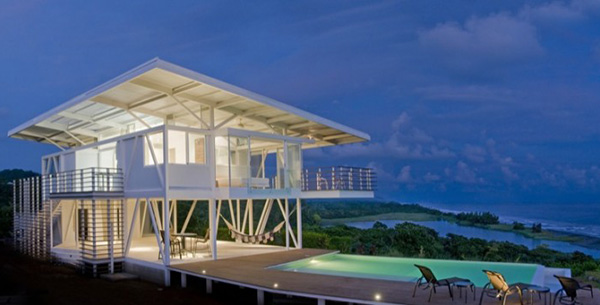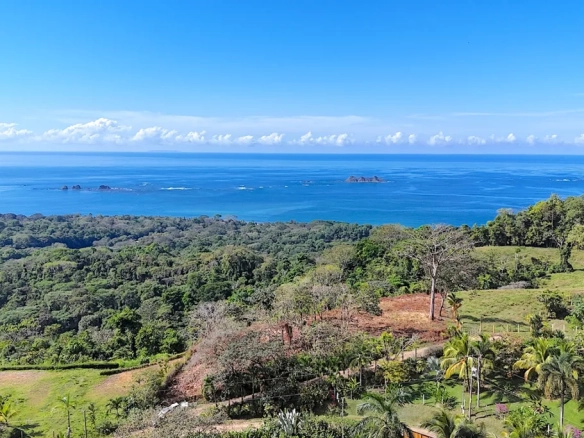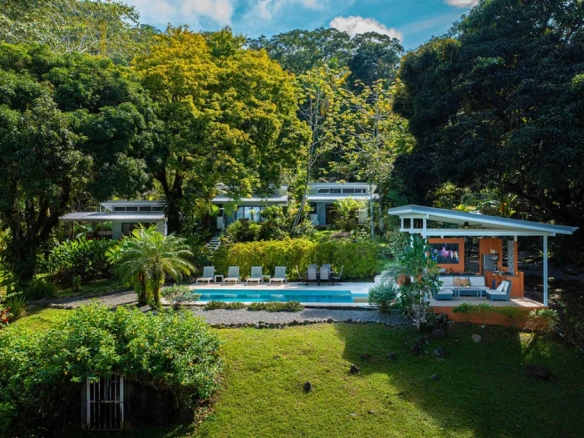Many people looking for property in Costa Rica want a beach front home only steps from the sand and waves. However, these types of properties are almost always concession with very few exceptions. Concession properties are those within the first 200 meters form the median high tide mark. Fee Simple Titled properties are all those outside of the 200 meter Maritime Zone.
Concession Property: The Zona Maritimo Terrestre (ZMT) or the Maritime Zone is 95% of all beachfront property in Costa Rica. There are a few exceptions of properties that were titled before this law was put into effect in 1977. The Maritime Zone consists of the 200 meters from the median high tide mark; with the first 50 meters being designated as public land for public use. The next 150 meters of land can be possessed through a granted concession; which is basically a lease that is typically 20 years and can be renewed. Concession also differs from Fee Simple Title in that a foreigner can only own up to 49% of the concession. A local resident must own the other 51%. However, if a foreigner has been a resident for 5 years or more, then they can be majority or 100% owner.
The type of structure allowed on a concession property can vary from tourism hotel and restaurant to private residence. All permits and permissions must be obtained from the local municipality; which will approve any and all construction plans.
 Titled Property: Fee Simple Titled property is the same as in the U.S. and has the same absolute rights for foreigners and Costa Rican nationals alike. As owner of this type of property you have the right to own it, use it, enjoy it, lease it, and transform the property in line with Costa Rica laws (for example cannot clear cut the rain forest to build your home). Fee Simple property can be any property outside of the aforementioned Maritime Zone.
Titled Property: Fee Simple Titled property is the same as in the U.S. and has the same absolute rights for foreigners and Costa Rican nationals alike. As owner of this type of property you have the right to own it, use it, enjoy it, lease it, and transform the property in line with Costa Rica laws (for example cannot clear cut the rain forest to build your home). Fee Simple property can be any property outside of the aforementioned Maritime Zone.
All title properties, as well as concession properties, will have a ‘Plano’ or plot map and are registered in the ‘Registro Nacional’ or National Public Registry. This is public information and can be accessed online at: http://www.rnpdigital.com/index.htm



